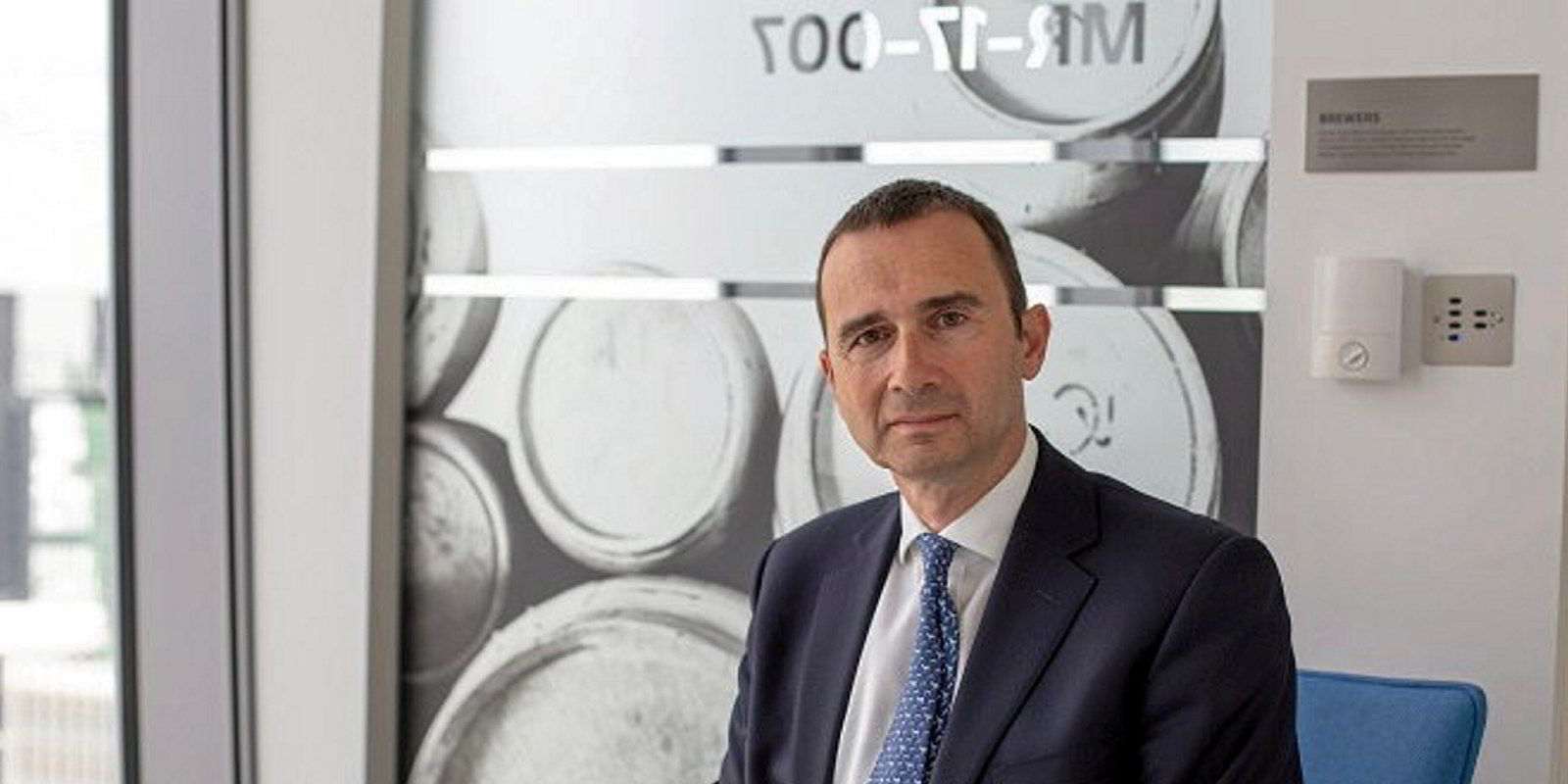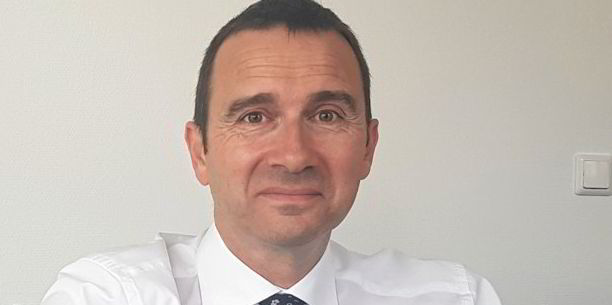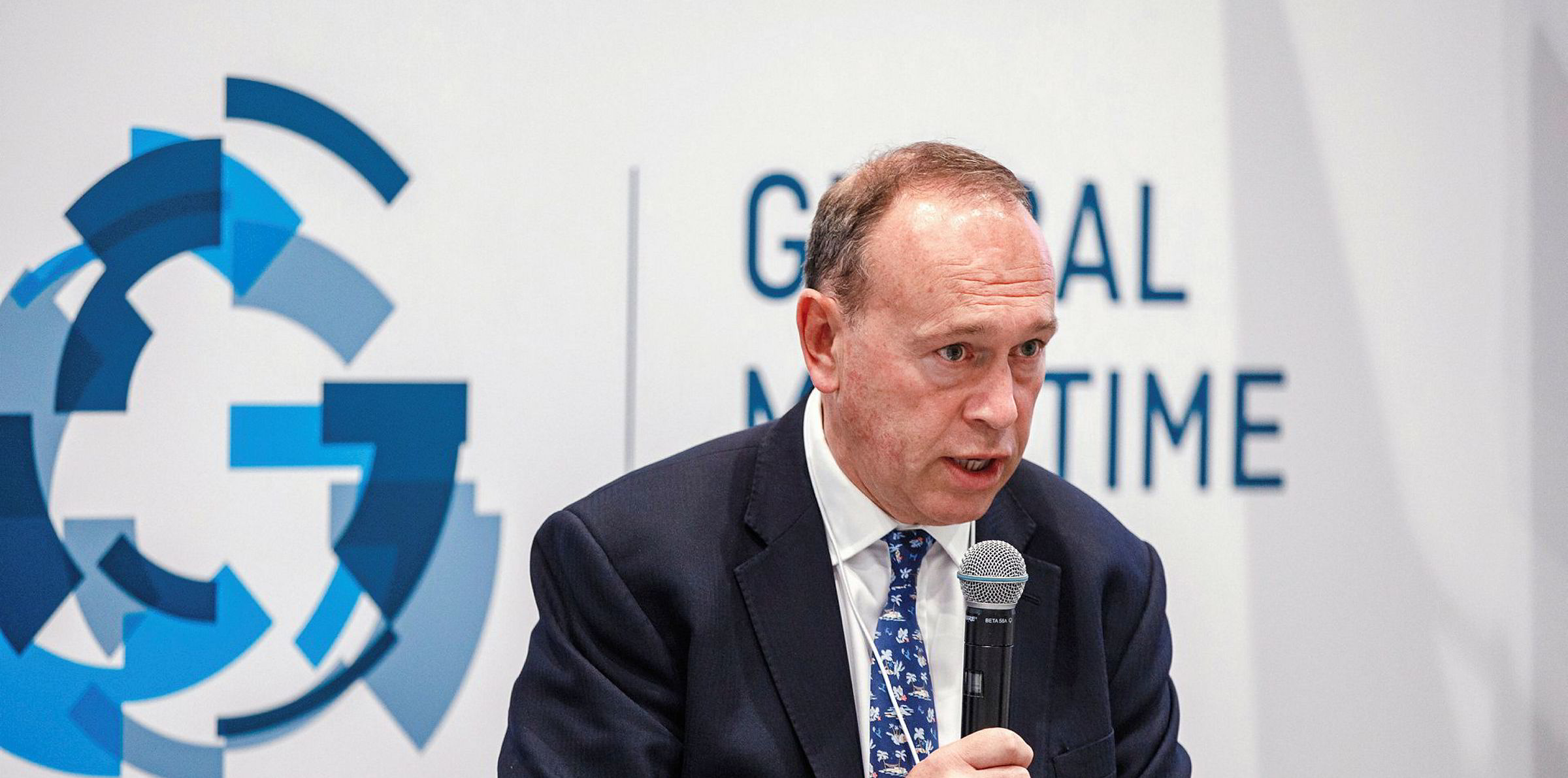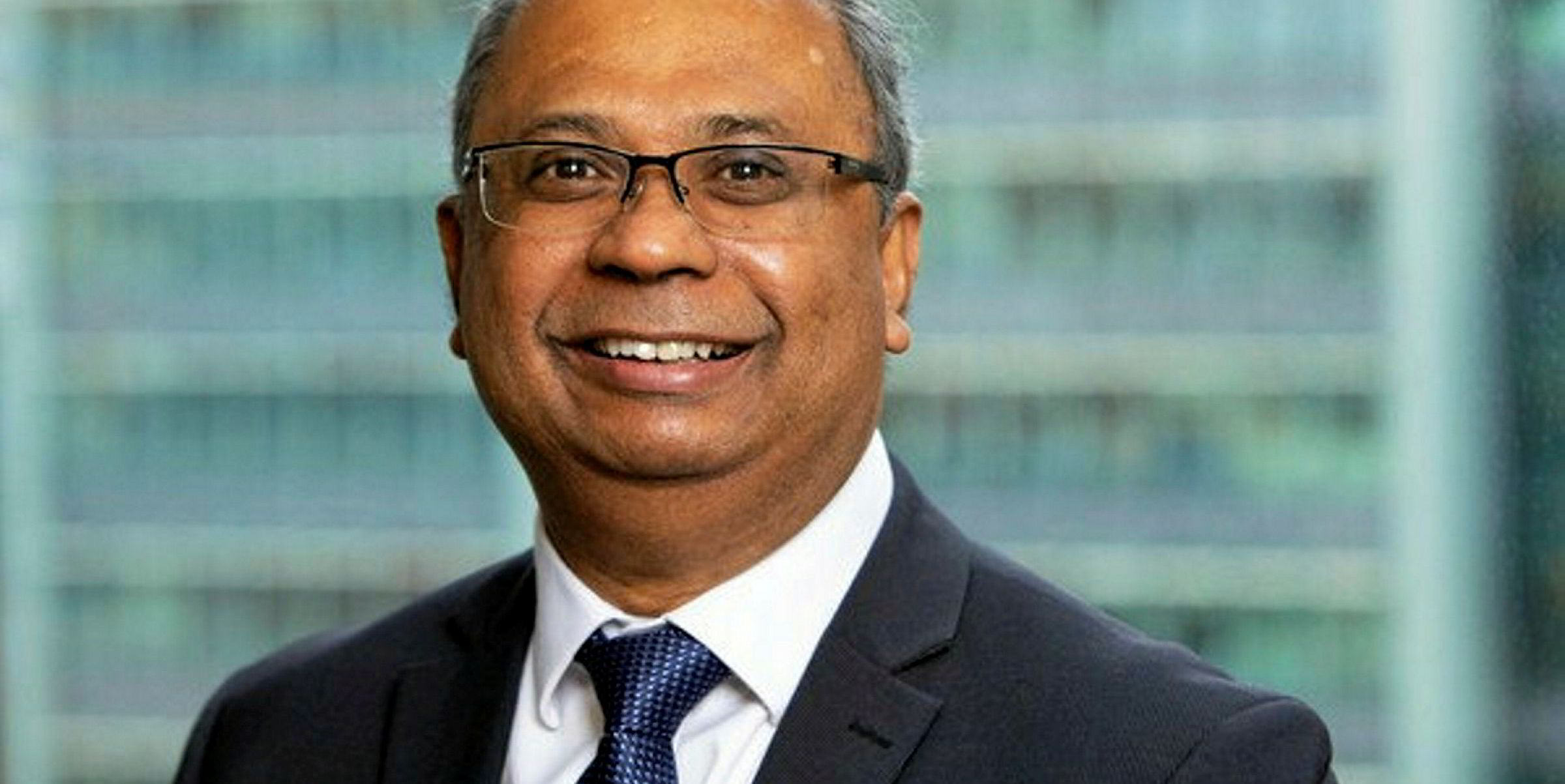International Union of Marine Insurance (IUMI) president Richard Turner has been given a unique opportunity to practise what he has been preaching.
During his time as IUMI president over the past two years, he has been espousing the need for the global insurance industry to digitalise.
He is now starting to apply that in his new appointment at Victor Insurance, where he has been tasked with starting up a marine insurance facility from scratch.
True to his word, he has chosen to build the fledgling business mostly, but not entirely, based on the latest insurance digital technology.
“We have had a good year. We launched the facility and we are already underwriting based on using data to select and price risk. It’s been interesting for me to be involved in this type of proposition,” he said.
“It is not purely computer-led, but in effect it is a combination. We still need human judgement, but technology can improve our ability to select risk and the product.”
Digitalisation is very much a part of the discussions at the now-virtual IUMI annual conference. So is the environment.
The theme of the conference, which was due to be held in Seoul, is "Pathways to a Sustainable and Innovative Future".
Improved prospects
A recent improvement in premiums has helped boost prospects for the commercial sustainability of the marine insurance industry.
But delegates have asked for more emphasis on environmental sustainability at this year’s conference, as the impact of global warming takes an ever-increasing toll on the industry.
A recent survey indicated IUMI members want the organisation to be more focused on environmental, social and governance (ESG) matters. In response, IUMI has become a supporting institution to the United Nations Principles of Sustainable Insurance (PSI).
Insurers representing around a quarter of global premium so far have also signed up to the UN PSI programme.
Committed to ESG
The programme commits them to incorporating ESG considerations into decision-making and working with governments on ESG matters. Insurers are also required to demonstrate accountability and transparency.
Top of the list of IUMI's discussion on climate change is how it affects the risk and assets.
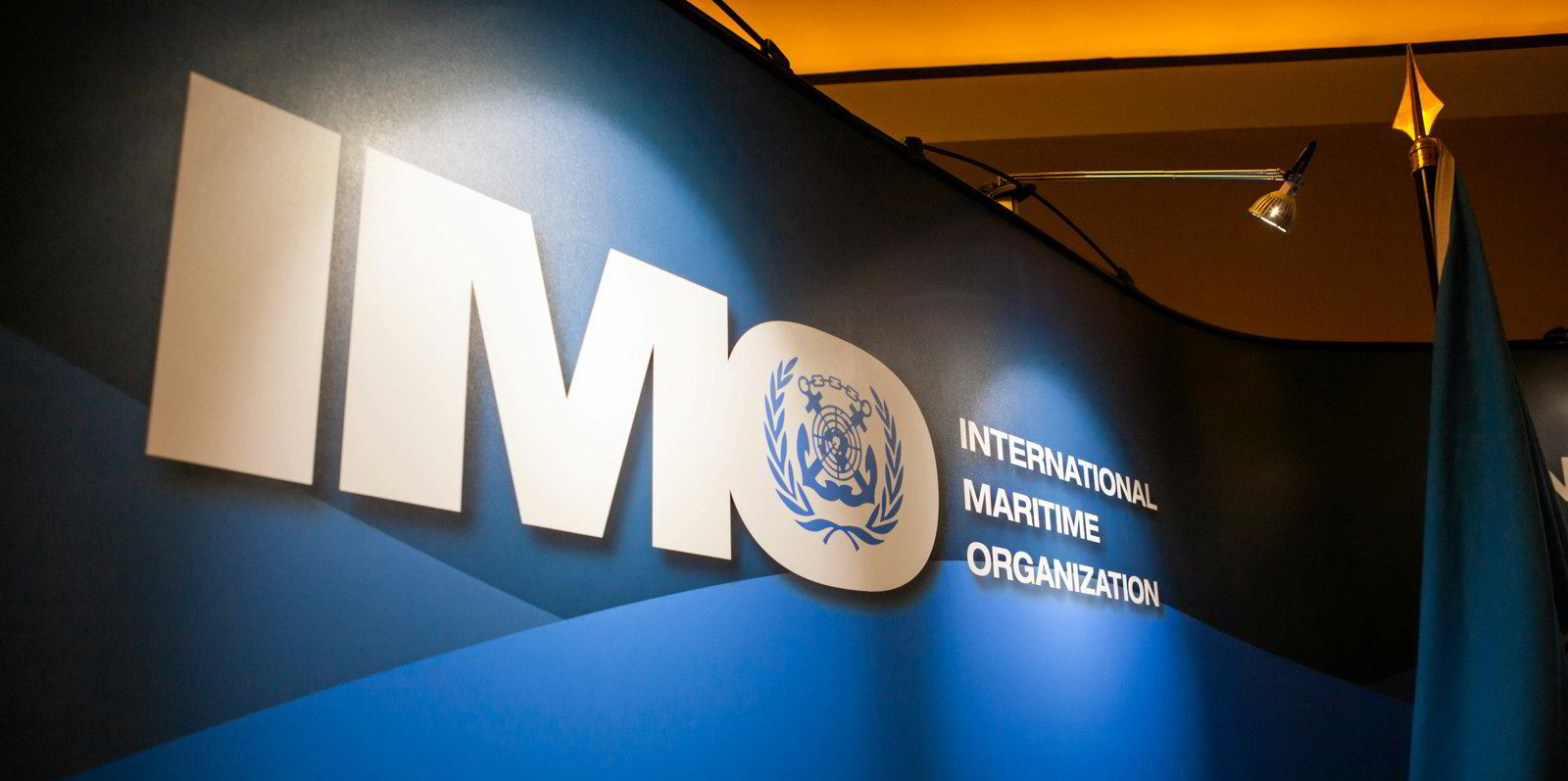
A series of natural catastrophes, windstorms, extreme weather events, rising sea levels, floods and fires have all impacted the marine sector.
The extreme weather can cause direct damage to ships and their cargo. It can also cause an accumulation of risk by adding to congestion and delays at ports.
Changing risk
Ships and risk are also changing as new decarbonisation measures from the International Maritime Organization require vessels to alter operating procedures and adopt new technology.
“The marine business has been as impacted as any other sector by climate change because of the nature of what we do,” Turner said. “Alongside that is the change to the assets we are insuring, through developments like IMO 2020.”
So should marine insurers be more proactive in encouraging decarbonisation by providing preferential rates to innovative technology, which might be considered a higher risk?
“I think it is important to say our [IUMI's] role is not to police the industry,” Turner said. “But we can certainly encourage the debate on behalf of members.”
However, he pointed out that the insurance industry was quick to back the new market in wind farms, which has emerged over the last decade, and he thinks the same is likely to happen for marine technology.
Turner said IUMI has managed to increase its membership during the pandemic, in spite of travel restrictions preventing executives from jumping on planes and drumming up membership business in emerging regions such as Asia and South America.
The association has also increased its relevance, not only through workshops on critical themes at its annual gathering, but also through practical educational programmes in cargo and hull insurance.
Turner said the marine industry needs someone to represent it as it is in danger of being swamped by the growth of the general insurance market.
“I think IUMI certainly has a role. It accounts for just 2% of the general insurance industry and it is all too easy for the interests of marine insurance to get lost,” he said.
